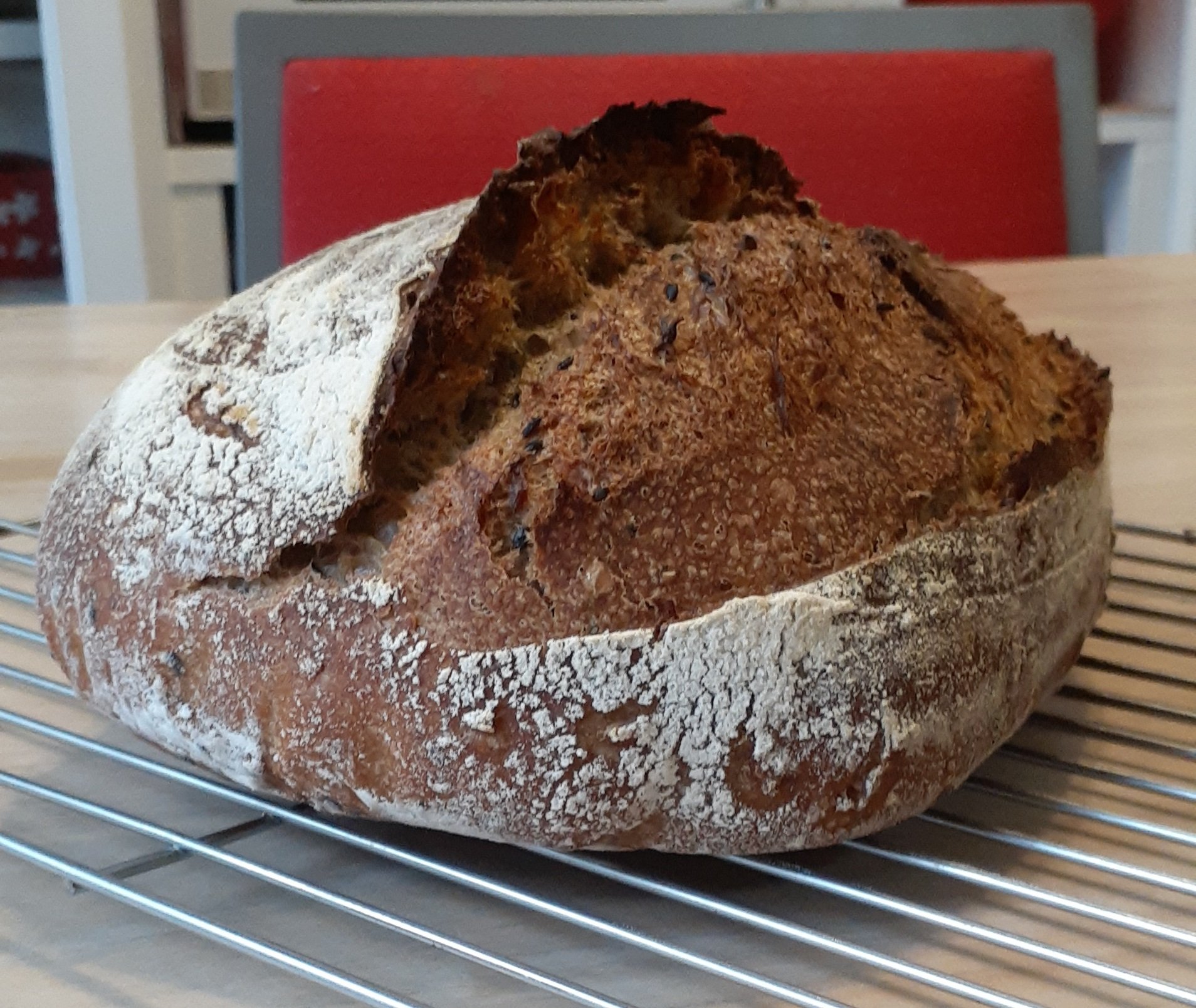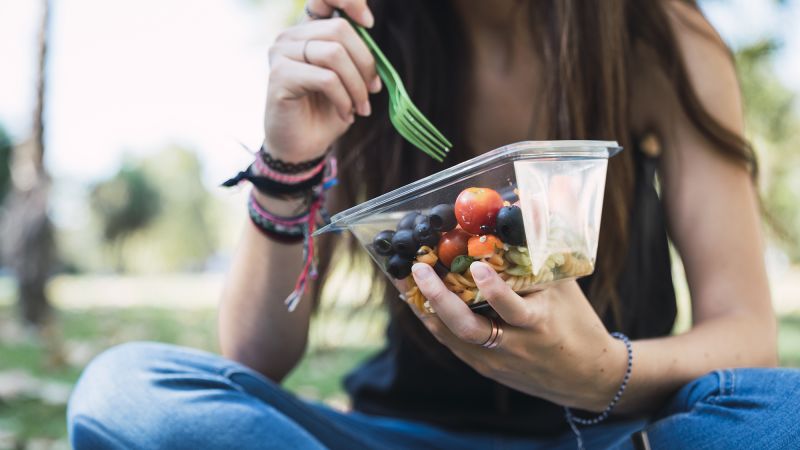Action item at the end:
“Avoid plastics as much as you can. Reducing your use of ultraprocessed foods can reduce the levels of the chemical exposures you come in contact with,” Trasande said. “Never put plastic containers in the microwave or dishwasher, where the heat can break down the linings so they might be absorbed more readily.”
Here are other tips to reduce exposure:
· Use unscented lotions and laundry detergents.
· Use cleaning supplies without scents.
· Use glass, stainless steel, ceramic or wood to hold and store foods.
· Buy fresh or frozen fruits and vegetables instead of canned and processed versions.
· Encourage frequent handwashing to remove chemicals from hands.
· Avoid air fresheners and all plastics labeled as No. 3, No. 6 and No. 7.



I don’t heat food in plastic anymore. I used to, though, and for a long time. I just didn’t know any better.
It’s nearly impossible to avoid food sold in plastic containers, I don’t try.
Same, I think we’re going to look back on plastic food packages like we do with leaded gasoline.
Specifically, I’ll look back with confusion, due to all the brain damage, I suppose.
It’s under our control to not heat in plastic, but also to not store in plastic, such as leftovers.
It’s not sane to expect to avoid all plastic contamination, so don’t worry too much about the parts you can’t control